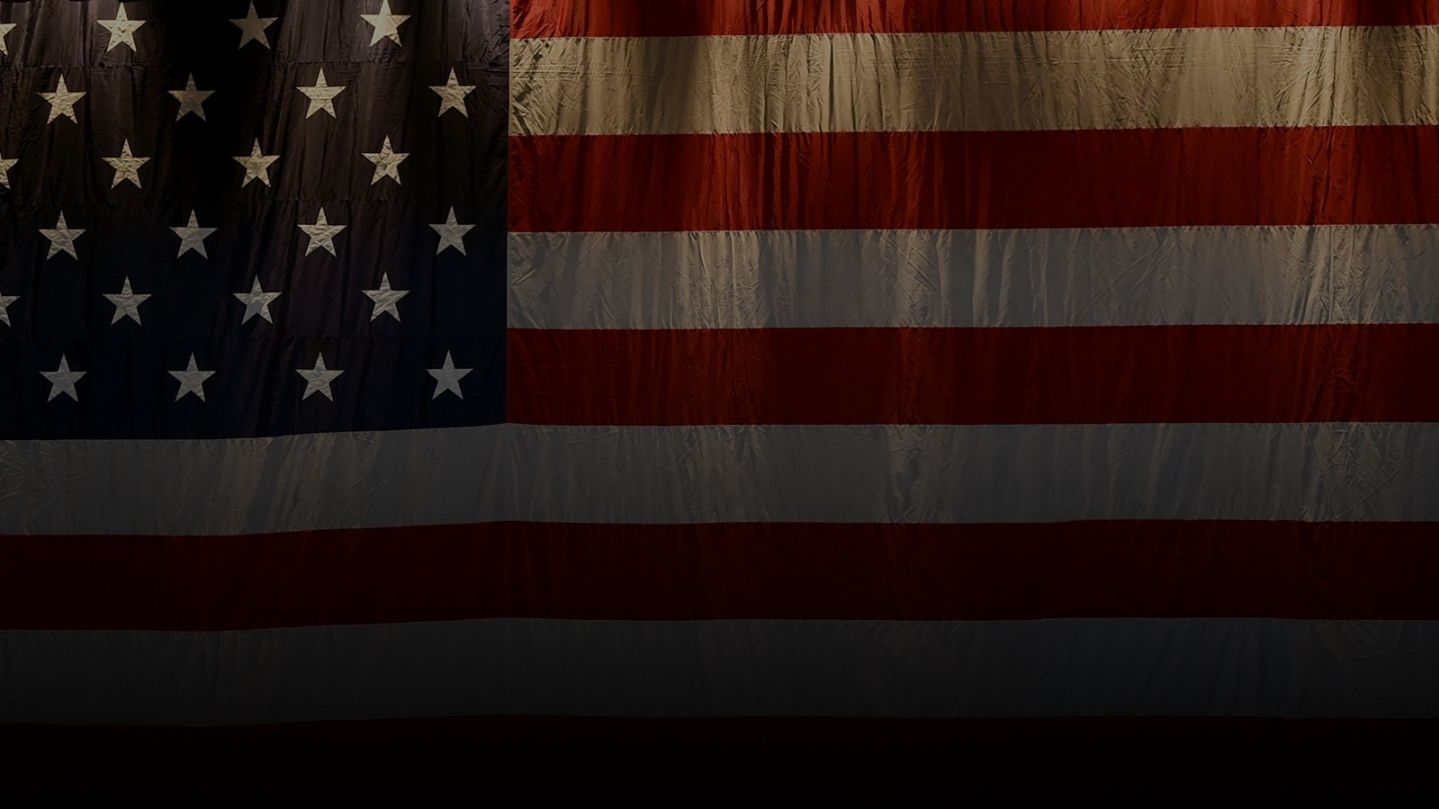Editor’s Note: Josh Campbell is a CNN analyst and term member with the Council on Foreign Relations. He previously served as a Supervisory Special Agent with the FBI. Follow him on Twitter at @joshscampbell. The views expressed in this commentary are his own.
Those who have served overseas representing the United States know the awesome power of the nation’s brand. Our reputation as a country dedicated to freedom and justice precedes all who are honored to identify themselves as American officials.

While serving diplomatic and operational assignments with the FBI in over 20 countries, I saw the power of that brand up close.
When I spoke, people listened. Not because I was an inordinately gifted orator, but rather because I was speaking on behalf of the United States government, an imperfect but often emulated conglomeration of agencies known throughout the world as reflecting righteousness, fairness, and truth. As my former boss, FBI Director James Comey, would explain to fellow employees, an agency’s strong reputation garners immediate trust, even from total strangers.
The benefits derived from such a powerful national brand were not limited to law enforcement, but extended to an array of colleagues I worked alongside in the foreign service, CIA, and military. As one American ambassador in South Asia described it to me, we are effective in every corner of the globe because of the moral authority generated at home by the manner in which we govern ourselves and our commitment to the rule of law.
It is this moral authority that is currently threatened by elected officials who continue to steamroll norms associated with equal justice. Shrewd calculations focused on short-term political survival and misguided notions of what constitutes “strength” appear to outweigh any consideration of how political actions domestically might be perceived abroad. This departure from established norms has manifested itself in how our leaders treat law enforcement investigations and how our leaders have used law enforcement officers to repugnantly treat outsiders.
We can rest assured the world is watching.
Take, for example, the ongoing attacks on our institutions of justice by a White House seeking to undermine the ongoing investigation of Special Counsel Robert Mueller. While destroying the credibility of the Department of Justice and FBI may serve their immediate purposes, they either fail to realize or care that this campaign of destruction will cause ripples that will limit our global effectiveness.
I know from experience that America’s legal system is among the most respected in the world and is often looked to by developing nations as the model for ordering their own affairs. Our basic tenets of fairness and independence from meddling by those in power ensure justice is served without fear or favor.
I have lost count of the number of times foreign law enforcement or intelligence officials in countries where corruption was rampant lamented to me about the outsized influence their political leaders had on how they did their jobs. Many longed for the day they were free to administer justice without powerful people tipping the scales.
What are these same countries to make of recent developments in America, where each new day seemingly brings some new example of overzealous elected officials exerting improper influence on law enforcement? The President and his allies in Congress continually attack law enforcement officials conducting investigations uncomfortably close to their own interests, and now routinely call for the imprisonment of American citizens they perceive as enemies. How can America serve as a beacon to others if it continues to backslide?
Then there is the separate but equally disturbing manner in which law enforcement is being used along our southern border to enforce a hardline immigration policy that may stain our global reputation for a generation. The now ubiquitous images of children being separated from their families and housed in cages have garnered calls of condemnation at home and overseas.
These practices are un-American, yet they persist. If seeing pictures of people in cages doesn’t shake us to our core, we must not see them as people. Wednesday, the President indicated he would be signing an executive order to detain families together, but initial reports suggest he will not back off the zero tolerance policy.
To be clear, most people are not advocating for open borders or for law enforcement to pack up and go home. We must maintain effective immigration policies in order to ensure our national security. But our leaders must also weigh this new zero tolerance policy of prosecuting undocumented immigrants against the corrosive damage these barbaric actions and images will have on America’s moral authority abroad.
Every time a politician attempts to undermine an ongoing investigation for personal political reasons or uses the incredible powers of law enforcement to target afflicted people coming to this country in hopes of a better life, our standing in the world diminishes.
Although we are a sovereign country, it would be foolish to ignore how our actions at home impact our image globally. To remain a global superpower, we cannot arrogantly discount the views of others.
To maintain influence, we must also maintain respect. That respect only comes from approaching law enforcement in a manner consistent with our national values. Anything less will cause us to find ourselves even more isolated on the international stage, even further down the path of becoming a country unmoored from the rule of law, and one we ourselves no longer recognize.





